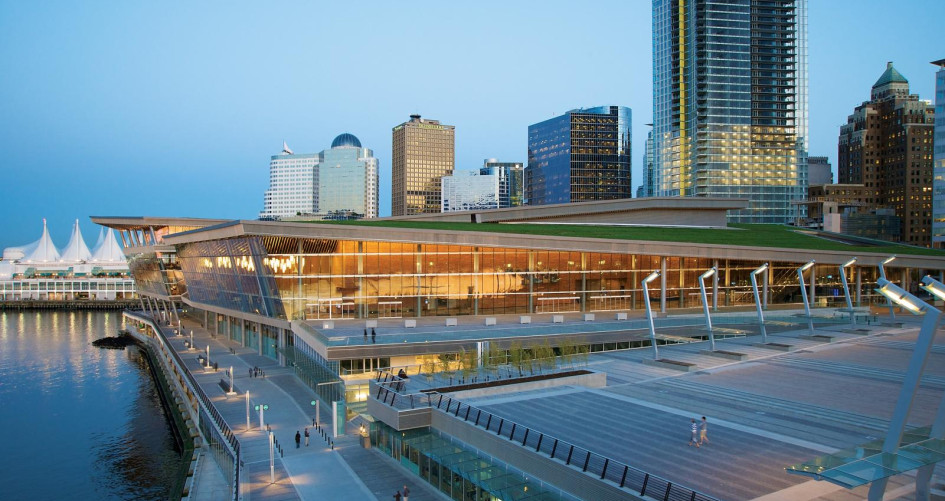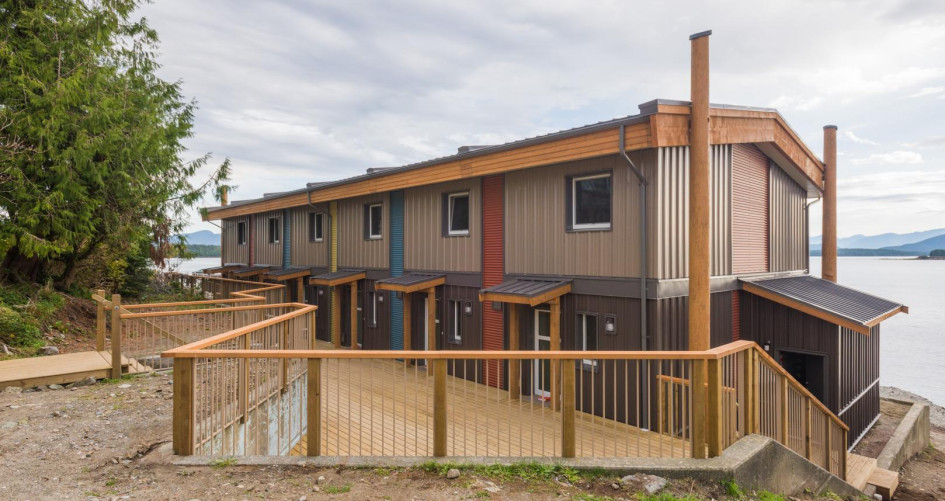In 2010, British Columbia (B.C.) became the first government at the provincial, territorial, or state level in North America to take 100% responsibility for the greenhouse gas (GHG) pollution from all 128 of its public-sector organizations by measuring their emissions, reducing them where possible, and purchasing offsets to cover the remainder.
The public sector, which consists of provincial government ministries, Crown corporations, health authorities, school districts, universities, and colleges, has successfully achieved carbon neutrality each year from 2010 to 2017.
Key facts
- The B.C. government has set targets to reduce GHG emissions by 40% by 2030, 60% by 2040 and 80% by 2050;
- From 2010 to 2017, approximately 5.6 million tonnes of offsets were purchased and retired from offset projects throughout the province of B.C.;
- B.C.’s investments in offset projects between 2008 and 2014 amounted to about CAD 53 million. This investment leveraged an estimated contribution to provincial Gross Domestic Product of CAD 372 million and created 3,400 person-years of employment.
 The problem
The problem
The climate is changing – in British Columbia and throughout the world. Globally, we see evidence of rising air and ocean temperatures, shifting precipitation patterns, increasingly frequent and severe floods and wildfires, shrinking glaciers, declining snow cover and sea ice extent, and rising sea levels. The B.C. government has a responsibility to protect its citizens, from urban dwellers to indigenous communities. While the B.C. public sector is actively working to reduce its carbon footprint, it still generates GHG emissions.
The solution
B.C.’s provincial public sector is comprised of institutions and organizations that serve the public daily and which aim to be ambassadors of climate action. The Province is committed to leading by example on climate change, leveraging its actions through solutions that contribute to a low-carbon, clean-growth economy.
Under the Greenhouse Gas Reduction Targets Act, B.C.’s provincial public sector organizations must achieve carbon neutrality each year by measuring their emissions; planning and taking action to reduce emissions where possible; offsetting remaining emissions; and reporting to the public on these efforts annually.
Dramatically reducing the government’s carbon footprint helps support B.C.s transition to a low-carbon economy, stimulates the clean tech sector, creates jobs, and contributes to Canada's international climate change commitments, all while achieving real cost savings on energy and utilities.
Helping the economy and the planet
Provincial government investments in cleaner energy and in energy efficiency in B.C. are paying off, through more efficient buildings and fleets, and hence, more efficient delivery of public services. Moreover, these efforts have contributed to lower GHG emissions from the provincial public sector operations of 3.4% from 2010 relative to the 9% increase in the population it serves, over the same period of time.
Meanwhile, B.C.’s Carbon Neutral Government Program is leveraging its offset purchases to generate even greater private sector investment in clean technologies and jobs, as well as preserving B.C.’s environmental capital through forest sequestration projects. The Program’s investments in offset projects have enabled proponents to realize the financial, environmental, and social benefits that would not have been possible in the absence of that investment.

Helping people
Communities in B.C., including First Nations, are realizing benefits, with new jobs in forestry, conservation management, tourism, renewable energy, and marine-use planning.
These projects enable a shift from an extraction-based economy to more sustainable management of resources and a new way of generating wealth for communities.
Spillover effect
In addition to the 128 provincial public sector organizations that it supports, the Carbon Neutral Government Program has also expanded some of its support services to more than 70 of British Columbia’s 190+ cities, towns and villages, and has made itself available to offer advice to other jurisdictions.
The Program could be replicated by other jurisdictions at the provincial, state, and federal levels. In fact, the provincial governments of Ontario and Manitoba, the territorial government of Yukon, and the neighbouring U.S.A. state of Washington have all made public commitments to become carbon neutral in the future.




Images owned by the activity partners, all rights reserved.







